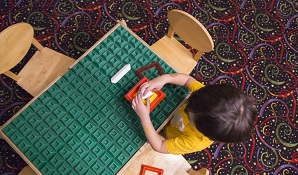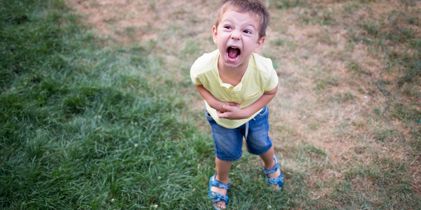It is heartbreaking to see your child playing alone or struggling to make friends at preschool. If socialising just doesn’t seem to come naturally to your child, it can be hard to work out how to help in a way that will produce the sought-after result of a happy group of friends and regular playdates. The good news is that when your child is very young, establishing friendships is less about how they behave and more to do with you creating opportunities for your child to practise her social skills. We spoke to Ruth Ancer, a clinical psychologist who practises in Johannesburg, to find out how to help your children to form these all-important early friendships at preschool.
The basics of friendship
Accept that each child is different
Some like a wide group of friends, others just one close friend. Some would happily have a daily play date, while others find socialising emotionally exhausting. “Don’t try to imitate other children’s playdate behaviour, but rather identify what your child needs and build up their social life around that,” says Ruth.
Understand age-appropriate behaviour
Young children engage in “parallel play” - they play alongside rather than with other kids. Kids tend to run in a crowd until proper friendships start to form at about four years old. “Don’t worry if they don’t seem to be bonding with one particular child or playing cooperative games until they are older,” says Ruth.
Discuss the situation with their teacher
You may find that your interpretation of your child’s preschool social life is radically different from the reality. Children are often shy when their parents around, but more interactive when you’ve gone. It also might not occur to your child to tell you who their friends are. Chat to their teacher to find out if your child has made a particular friend or group of friends. If the teacher is also concerned about your child’s socialisation, you can work on a plan together to help your child to approach other children, or to ask other children to be more inclusive.
Arranging your first playdate!
See which parents you like

“It’s a good idea to try to get a feeling for which parents you like,” says Ruth. While of course, it’s up to your child to pick their own friends, if you are helping them to make friends, it’s good to start with the parents that you have some kind of connection with. If the kids have no spark, you can’t force the issue, but sometimes all children need is the opportunity to get to know another child better outside of the school environment.
Get together
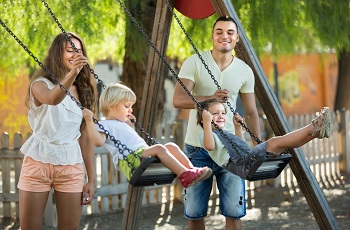
With young children, it’s usual to meet the parents before taking their child home or sending your child home with them. This can be tricky if both parents work, so set aside some weekend time to make new friends. “Invite other parents around with their kids for tea or coffee, or arrange to meet in a park or at a kid-friendly restaurant to give the kids some time to get to know each other in a neutral space,” Ruth suggests.
Prep your child
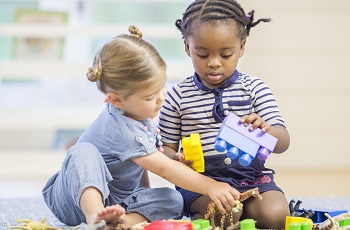
If your child is new to the playdating game, it can be helpful to run through some ground rules before the other child arrives. “Ask them if there are any toys that they don’t want to share so that those can be put away. Perhaps prepare some games or toys that are for sharing or cooperative play. Explain some of the social requirements of having a playdate – that compromise about what to do is sometimes necessary and that guests must be made to feel welcome,” says Ruth.
Keep it short
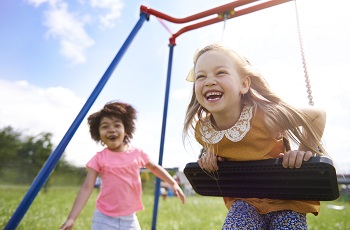
It is better to end a playdate on a high note with the children wanting more time together
“It is better to end a playdate on a high note with the children wanting more time together, than to end it when they are both exhausted and have had enough,” says Ruth. “Err on the side of the children feeling like they haven’t had enough time together.”
An hour or two is about all that one kids can manage at first. Once you have seen how well your child does at these shorter dates, you can increase the length of time.
Give the playdate a focus
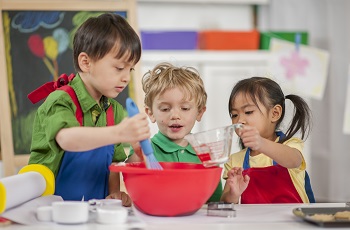
Children can be awkward around one another in a new environment, so it’s a good idea to have planned something for them to do on the playdate. “This doesn’t have to be a big outing, just some simple activities that most kids love is fine,” says Ruth.
Some suggestions: icing Marie biscuits, having a treasure hunt in the garden, finger painting (remember to provide aprons) or creating a cushion obstacle course in the lounge.
Keep trying
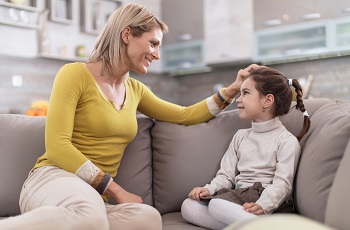
Kids don’t always get playdates right the first time. Sharing is a disaster, compromise doesn’t happen, there are tears… “Don’t let it get you down, and don’t be too hard on yourself or your child. Rather, use it as a learning experience to help improve things for next time,” says Ruth.
Play on!
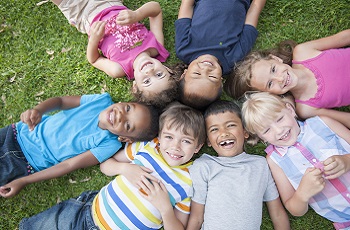
Although kick-starting your child’s social life may be a little daunting and there will probably be some bumps along the way, your child will soon be making friends and initiating arrangements. Try to let these early playdates be fun for you and your child, take things at your own pace, and enjoy the journey.

